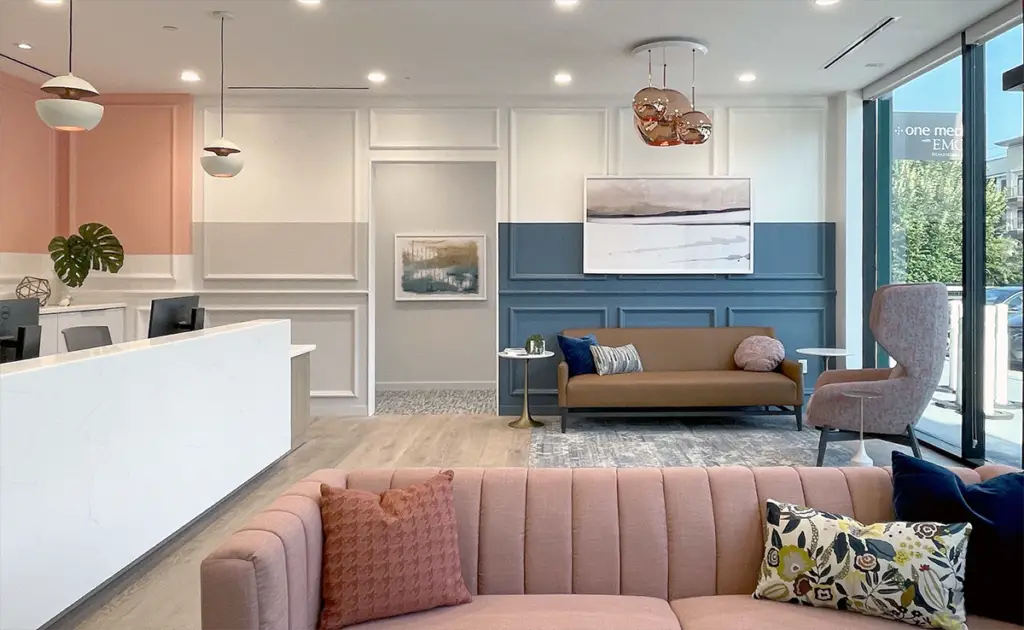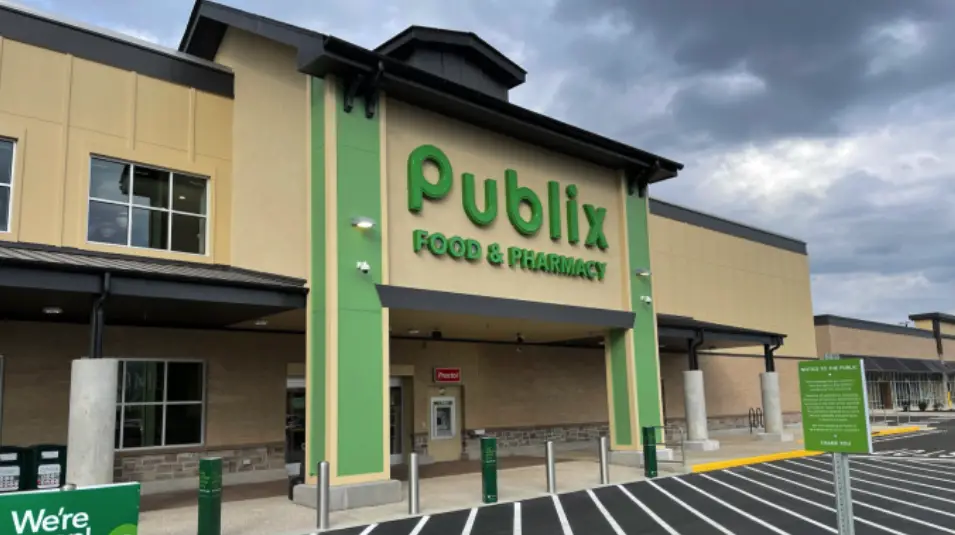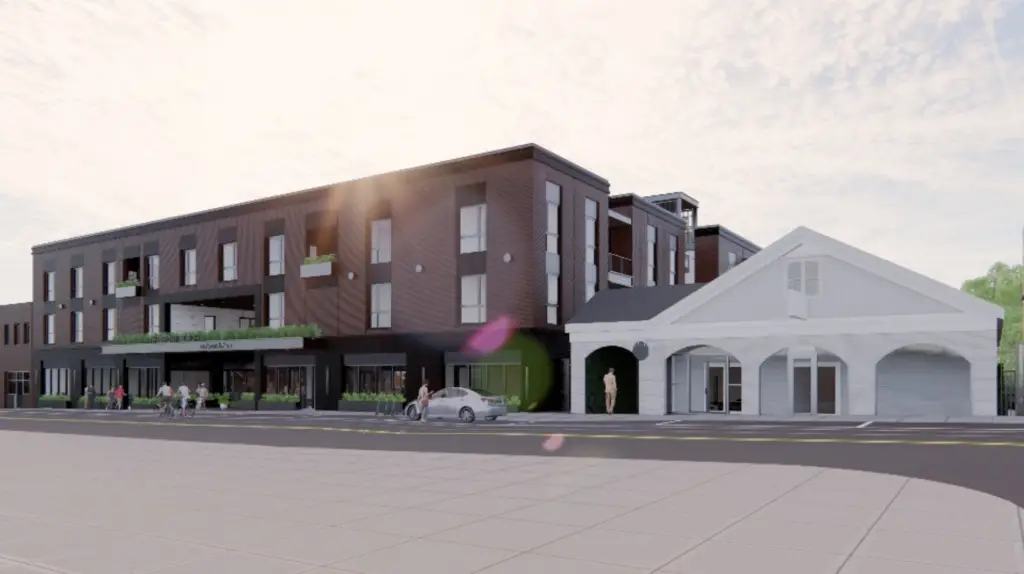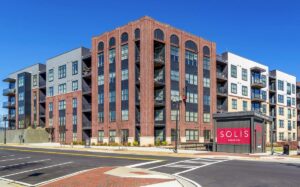The Atlanta retail market is thriving as consumers eagerly returned to in-person shopping and dining experiences over the course of 2021. The market continues to attract global companies, including tech firms like Google and Microsoft, which are drawn to the area for its talent pool, low cost of living compared to other major markets and access to the largest airport in the country. Each of these factors has led to an incredible amount of demand from retailers looking to take advantage of Atlanta’s growth. This has created an extremely competitive market, expected to bring both challenges and opportunities going forward.
Sign up now to get our Daily Breaking News Alerts
“Atlanta, along with most of the Southeast, has benefited from fewer Covid-19 restrictions and generally being more ‘open for business’ than many other parts of the country,” said Kaitlyn Theriot, a leasing expert with Franklin Street, who represents landlords throughout the market.
Supply and demand fundamentals have remained positive in the Atlanta MSA, as leasing activity has outpaced the amount of new retail space being delivered. This allowed vacancy rates to drop to 4.5 percent at the end of last year. While the low vacancy rate creates an advantageous environment for landlords, it has created strong competition among tenants for quality spaces. However, as the retail market continues to evolve, there are sure to be some great opportunities for tenants in Atlanta.
“While vacancies will remain tight, we can expect to see tenants that have struggled over the last two to three years and are now at the end of their lease terms to be replaced with new, more resilient retail categories that better serve customers in the area,” said Franklin Street’s Sam Krueger, who works alongside Theriot to lease retail properties on behalf of owners.
Naturally, the strong competition for retail space has contributed to increases in rental rates. In 2021, the market saw rents climb by nearly 7 percent, finishing the year at $19.39 per square foot. Rents have and will continue to increase as demand continues to exceed supply.
“Because we are not expecting a reversal in rent growth trends any time soon, tenants motivated to expand in the Atlanta market are encouraged to act quickly on quality availabilities,” Theriot said.
When it comes to investment activity in the retail market, sales price per square foot has risen to $188 — an all-time high for the market. This is in part due to inflation and rising costs of construction, as well as overall strong demand.
“Grocery-anchored shopping centers will continue to attract high investor demand due to their resilience throughout the pandemic and continued high traffic levels,” Krueger added. “New development opportunities, especially those that are mixed-use, will also remain highly sought after, with the limited amount of existing retail availability in the market.”
Atlanta’s retail market will continue to operate with limited vacancy, however, big-box closures and shrinking footprints will create some advantageous availabilities throughout the year. While the new developments will add options for tenants, retailers should expect to pay a premium for newly developed space, as inflation and supply chain shortages continue to drive up construction costs.
“Rents will remain consistent and demand is going to continue to increase as competitors in multiple sectors of retail start opening locations in the Southeast. Vacancies will remain limited, which will create a demand for new developments but also create competitive lease terms giving landlords more options as to who fills their spaces,” said Franklin Street’s Jessica Branch, who specializes in tenant representation. “We anticipate a lot of new-to-market users to source and open locations in the next 12-24 months due to demand drivers in Atlanta.”
Atlanta Retail Development Pipeline
Centennial Yards: A 50-acre redevelopment project in South Downtown, set to transform the downtown retail environment and landscape. The $5 billion dollar mixed-use development will feature a mix of apartments, retail, hotel, entertainment and office space. The location was formerly known as The Gulch, which consisted of an underground parking lot and train tracks.
The Exchange at Gwinnett: A 106-acre, $350 million dollar project that is starting to attract more tenants in the Covid-19 recovery. The property includes national brands such as Starbucks and Chipotle and will continue to add more major retailers over the next 18 months.
North DeKalb Mall: In a long-anticipated move, retail developer Edens has filed preliminary plans to dramatically transform the mostly shuttered suburban mall. If plans are approved, the site could be home to 1,700 apartments, 100 townhouses, 300,000 square feet of retail, 200,000 square feet of office, and a 150-key hotel.
The Front Porch on Auburn Avenue: A mixed-use redevelopment project with 32,000 square feet of retail space and 50,000+ square feet of residential space. The Front Porch is considered Atlanta’s premier “equity project” in the exceptionally diverse residential neighborhood of Sweet Auburn.

-
Facebook
-
Twitter
-
LinkedIn
-
Gmail

-
Facebook
-
Twitter
-
LinkedIn
-
Gmail





